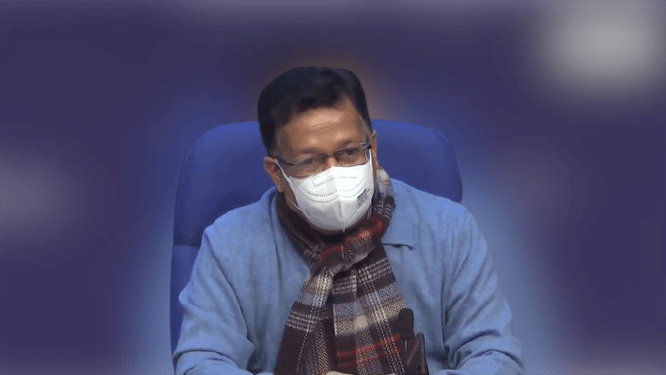While the entire world is reeling under the adverse effects of the ongoing COVID-19 pandemic, a group of scientists from China’s Wuhan have issued a warning against a new variant of Coronavirus named NeoCoV, which is said to be more deadlier with a higher infection rate.
According to a report by the Russian news agency ‘Sputnik’, the NeoCoV variant was discovered in South Africa and it is claimed to be related to the respiratory syndrome MERS-COV. However, NeoCoV is not entirely new because it is linked to the MERS-CoV virus and its outbreaks were previously discovered in the Middle Eastern countries in 2012 and 2015.
On the mortality rate, the Chinese researchers stating that ‘one in every three infected person dies’, highlighting the higher death rate.
The tendency of NeoCoV appears to be similar to the SARS-CoV-2, which causes COVID-19 in humans the study analyses. Scientists have said that NeoCoV was discovered in a bat population.
However, an unpeered study published on the bioRxiv website, mentioned that NeoCoV and its close relative PDF-2180-CoV can infect humans.
“Middle East Respiratory Syndrome coronavirus (MERS-CoV) and several bat coronaviruses employ Dipeptidyl peptidase-4 (DPP4) as their functional receptors. However, the receptor for NeoCoV, the closest MERS-CoV relative yet discovered in bats, remains enigmatic,” read a part of the report published.
After a briefing on NeoCoV, experts from the Russian State Virology and Biotechnology Research Center issued a statement on Thursday (January 27).
“The Vector research centre is aware of the data obtained by Chinese researchers on the NeoCoV coronavirus. At the moment, the issue is not the emergence of a new coronavirus capable of actively spreading among humans,” read the statement.
“In this study, we unexpectedly found that NeoCoV and its close relative, PDF-2180-CoV, can efficiently use some types of bat Angiotensin-converting enzyme 2 (ACE2) and, less favorably, human ACE2 for entry,” it added.
The experts have warned against the potential risks, mentioning that further study and investigation are needed to understand the immune escape.
While the world witnessed a rapid spike in coronavirus cases with emergence of the ‘variant of concern’ Omicron, more information and inputs are needed to establish a concrete report on NeoCoV.


















